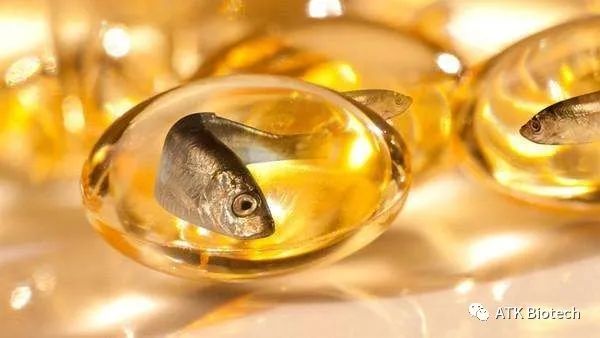Source of DHA: From fish oil to algal oil
With the discovery of the role of Omega-3, major health organizations around the world, including the Food and Agriculture Organization of the United Nations (FAO), the American Heart Federation (AHA), the European Food Safety Authority (EFSA), and the Chinese Nutrition Society, have successively formulated EPA/DHA intake opinions/guidelines.
The vigorous promotion of government and professional organizations has promoted the rapid development of marine fishing and fish oil processing industries. According to FAO,[3] fish stocks consumed by humans will increase at a rate of 1.2%/year over the next 10 years. By 2030, the world will consume more than 200 million tonnes of fish per year. As a result, more than one-third of fisheries are now overfished. To this end, FAO has warned that the world is deviating from the UN's Sustainable Development Goal.

(United Nations Sustainable Development Plan)

(Polluted environment, picture source network, if there is infringement, please contact Info@ahtk-health.com delete)
In reality, it is not only overfishing that plagues fisheries, but also global warming, heavy metal pollution, microplastics, and the misuse of antibiotics.
According to the EFSA: Contaminants in the food chain related to wild and farmed fish (2005), published in 2005, certain fish contain levels that make them potentially harmful to children, pregnant women and people who regularly consume fish. Carnivores such as tuna are often found to contain excessive levels of mercury, while others, such as herring or salmon, may contain toxic substances or polychlorinated biphenyl contaminants (PCBs), which are more harmful to health.
For this reason, recommended fish intake has been reduced in some countries.
So, where is the future of human food supply? Where does the necessary DHA for our brains come from? This question is more relevant than ever. It is speculated that by 2050, the global population will be close to/reach 10 billion. [3]

(People waiting to be fed, picture source network, if there is infringement, please contact Info@ahtk-health.com delete)
The answer may still come from the ocean, but not fish or shrimp, but their food - algae. It is now clear that marine fish are rich in Omega-3 (fish oil) because they ingest omega-3-rich algae or microalgae (algal oil).
In fact, algae and microalgae are the original sources of Omega-3 richness for marine fish, which convert inorganic matter to organic matter through autotroph, or other carbon sources to organic matter such as DHA through heterotrophic matter.
To some extent, algal oil is a source of fish oil.

(Omega-3-rich fish oil, image source network, if there is infringement, please contact Info@ahtk-health.com delete)






